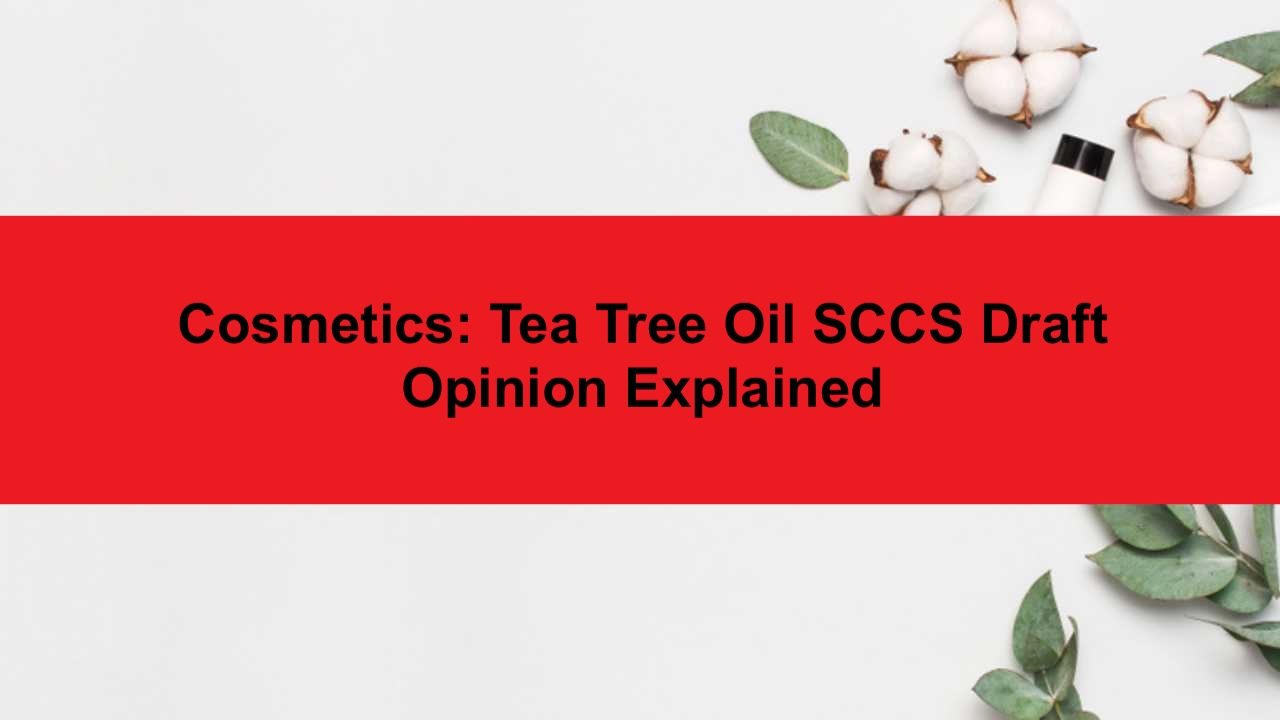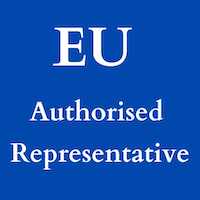What Happened?
The Scientific Committee on Consumer Safety (SCCS) has published a draft opinion on Tea Tree Oil, assessing its safety in cosmetic products.
Tea Tree Oil (TTO), also known by its INCI name Melaleuca alternifolia leaf oil, is widely used in cosmetics due to its antimicrobial, skin conditioning, and antioxidant properties. However, concerns have been raised about its potential toxicity, particularly reproductive toxicity.
Back in 2023, the European Chemicals Health Agency Risk Assessment Committee proposed that Tea Tree Oil be classified as a Category 1B reproductive toxicant, which identifies substances that may damage fertility or the unborn child based on animal studies.
Who Are the SCCS?
The SCCS is one of the independent scientific advisory committees established by the European Commission to provide expert opinions on the safety of non-food consumer products.
Their work plays a crucial role in EU policy-making by ensuring that products used by consumers such as cosmetics, personal care items, toys, and textiles are scientifically evaluated for safety before or while they are available on the EU market.
Members are selected based on their scientific qualifications and experience in fields such as toxicology, dermatology, epidemiology, pharmacology, and chemistry.
The SCCS serves as the scientific backbone for EU decisions about which ingredients can be allowed or banned in consumer products.
Their opinions are not legally binding, but they are instrumental in shaping EU legislation and regulatory action.
What Is the Process?
The process of producing a scientific opinion by the SCCS is a multi-step, evidence-driven procedure that ensures consumer protection while also maintaining fair regulatory treatment for industry stakeholders.
The following are the steps taken for Tea Tree Oil:
- Mandate: The Commission requested the SCCS to assess Tea Tree Oil following its potential classification as a ‘Repr.1B’ substance.
- Data Submission: A dossier was submitted in August 2024, defending TTO’s safety in cosmetics.
- Review: SCCS reviewed chemical identity, toxicological data, exposure routes, and dermal absorption.
- Draft Opinion: Based on the review, the SCCS formed a preliminary scientific opinion.
- Public Consultation: Stakeholders may now comment on the draft before it becomes final.
Outcome of the SCCS Opinion
The SCCS stated that Tea Tree Oil can be considered safe for use in certain cosmetic products only at low concentrations.
How did they make the evaluation?
The evaluation was based on available toxicological data and aimed to determine which types of products and what levels of Tea Tree Oil are not harmful to human health.
The safety evaluation considered:
- Skin sensitisation (allergic reaction) potential
- Systemic toxicity
- Inhalation exposure
- Phototoxicity
- Possible reprotoxic classification (CMR 1B) under EU chemicals regulation
What did the SCCS conclude?
The SCCS conclude the following for TTO:
- Safe Use Limits:
- Shampoo: up to 2.0%
- Shower gel: up to 1.0%
- Face wash: up to 1.0%
- Face cream (leave-on): up to 0.1%
These limits are based considering dermal absorption and systemic exposure.
Conditions
The limits apply only if:
- The TTO meets the ISO 4730:2017 standard.
- It is not used in aerosol or sprayable products (due to inhalation risk).
Recommendation
The SCCS recommends that the stability of Tea Tree Oil must be ensured in the final product (as it degrades under light, heat, air, or moisture).
What It Means for Business
The SCCS Draft Opinion on Tea Tree Oil has direct and far-reaching implications for businesses involved in the cosmetic industry, including manufacturers, product formulators, ingredient suppliers, regulatory teams, and brand owners. While the opinion confirms that Tea Tree Oil can continue to be used in cosmetics, it also imposes strict safety conditions and compliance obligations. They are as follows:
- Cosmetic manufacturers must ensure their Tea Tree Oil-containing products stay within SCCS-specified limits.
- Products must use TTO that conforms to ISO 4730:2017, and not be sprayable.
- Companies must verify methyl eugenol content (a naturally occurring constituent of TTO), to ensure it remains under the EU-regulated thresholds:
- ≤0.001% in rinse-off
- ≤0.0002% in leave-on products
- Businesses may need to reformulate or relabel products to comply with the final opinion.
It is important to note that the draft opinion could still change before final adoption. Subscribe to our newsletter for updates.
Useful links
European Commission, Scientific Committee on Consumer Safety (SCCS). (2025, June 6). Scientific Opinion on Tea Tree Oil (CAS/EC No. 68647-73-4 / 285-377-1) (SCCS/1681/25). Retrieved July 11, 2025, from https://health.ec.europa.eu/publications/sccs-scientific-opinion-tea-tree-oil-casec-no-68647-73-4-285-377-1_en



Comments are closed here.